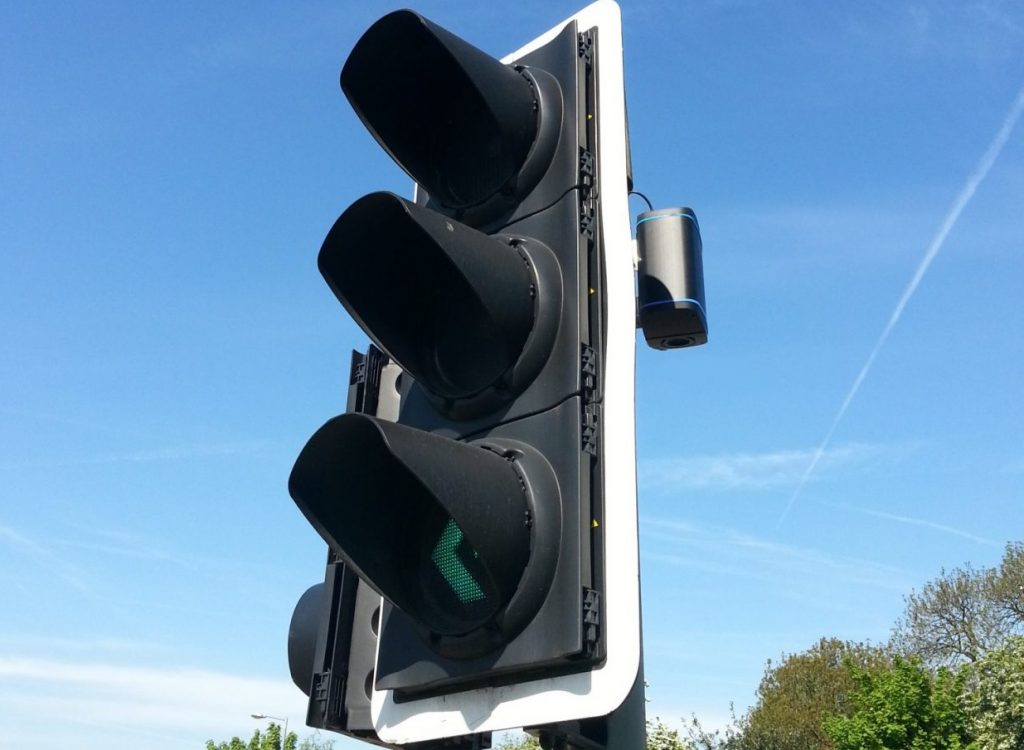In a bid to cut congestion and reduce harmful emissions, pollution monitors are being installed on key routes across Liverpool city region

Dozens of pollution sensors are to be installed on key roads across the Liverpool city region in a bid to cut congestion and reduce harmful emissions.
The sensors, located on major routes in Halton, Knowsley, Liverpool, Sefton, St Helens and Wirral, will give local authorities access to real-time updates on air quality on key roads for the first time.
The technology will also be linked to urban traffic control systems and signals that can be used to manage and divert traffic when pollution reaches elevated levels.
Liverpool City Region Combined Authority says Siemens’ Yunex Traffic division, working with partners EarthSense, would be selected to supply, install and maintain the sensors following a competitive tendering process. Funding for the project is being delivered through the region’s Transforming Cities Fund.
The devices will be fitted to traffic lights on 37 important corridors – including the Strand, Dunnings Bridge Road in Sefton and the Bridgewater Expressway in Halton – and will monitor harmful gases and particulate matter.
The data will then be sent live to local authority highways management teams as they control traffic signals and electronic signage on major corridors. This will allow traffic flow to be managed, and even diverted, to help avoid serious congestion and reduce harmful emissions particularly in built up areas most affected by air pollution.
Traffic pollution contributes to overall poor air quality which is estimated to be responsible for an average of 800 deaths every year in the Liverpool city region. The sensors, which are set to be installed by spring 2022, and are part of Metro Mayor Steve Rotheram’s plan to deliver a cleaner, more sustainable London-style transport network.
Mr Rotheram said: “Air pollution has a really damaging effect on the environment and on people’s health. This new technology will allow to monitor air quality along congested routes in real time and enable local councils to reduce congestion.
“Too many journeys across our region are currently taken by car. I’m working to build a modern London-style transport network that will give people a sustainable alternative to the car. It will make using public transport to get around our region cheap, reliable and quick.”
Wilke Reints, managing director of Yunex Traffic in the UK, added: “he sensors not only monitor air quality levels but give local authorities the ability to adjust their local transportation strategies in a way that less pollution will be generated. This technology will help Liverpool city region to deliver a greener transport network.

